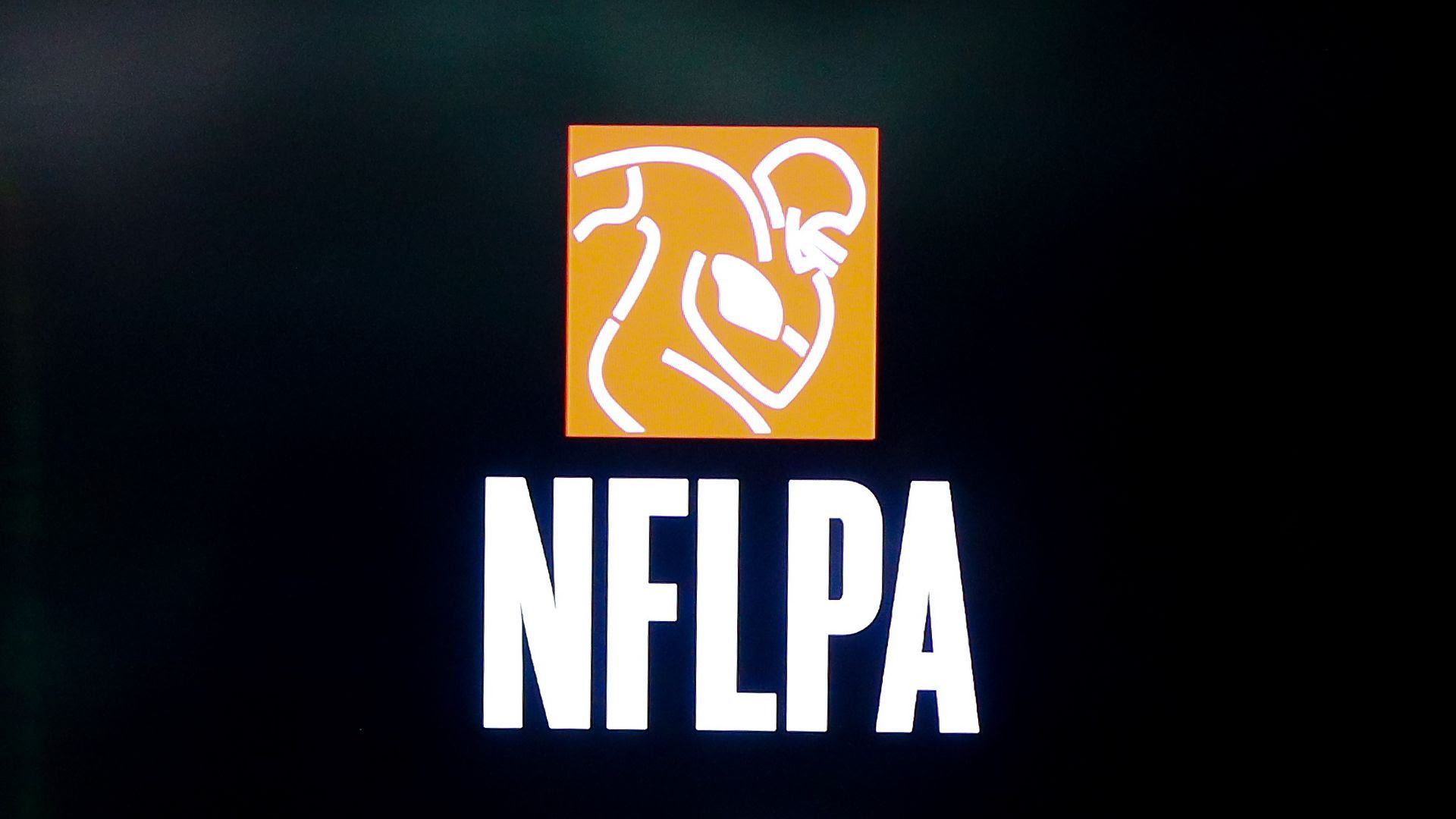The NFL players' union is fighting for more guaranteed contracts
Add Axios as your preferred source to
see more of our stories on Google.

Photo: Rich Graessle/Icon Sportswire via Getty Images
As the NFL and the NFL Players' Association, the league's players' labor union, continue early CBA talks, the elimination of the NFL's archaic "funding rule" is a top priority for players, according to multiple reports.
The state of play: Denver Broncos kicker Brandon McManus, the team's NFLPA player representative, called it "almost a non-negotiable for us," per The Athletic.
How it works: The NFL's funding rule stipulates that every fully guaranteed dollar owed to a player, but not yet paid to him, must be placed in a league-run escrow account.
- In other words, even if a player is owed guaranteed money over the course of two or three years, ownership still must place all of that money into a separate bank account.
The problem: Back when the NFL wasn't the cash cow that it is today and players had legitimate concerns about owners not being able to fulfill future financial obligations, this rule made sense and worked in the players' favor.
- But in today's era, the funding rule has morphed into something completely different: a convenient excuse for ownership during contract negotiations.
- Basically, teams will tell players that they can't afford to guarantee their deals because funding them would create cashflow issues. "Negotiations are a leverage game. And it's a cudgel they can go to," agent Jelani Roy told The Athletic.
The big picture: Thanks in part to the funding rule, fully-guaranteed contracts — which are the norm in the NBA, NHL and MLB — are a rarity in the NFL.
- Last offseason, Kirk Cousins became the first QB to sign a multi-year, fully-guaranteed deal (three years, $84 million with the Vikings), and that only happened because he was the rare in-his-prime QB to hit free agency, which gave him all the leverage in the world.
The bottom line: The elimination of the NFL's funding rule might not make deals like the one Cousins signed the norm, but it would remove a giant roadblock in the players' ongoing fight for more guaranteed pay.
Go deeper: An 18-game NFL season might be unavoidable
